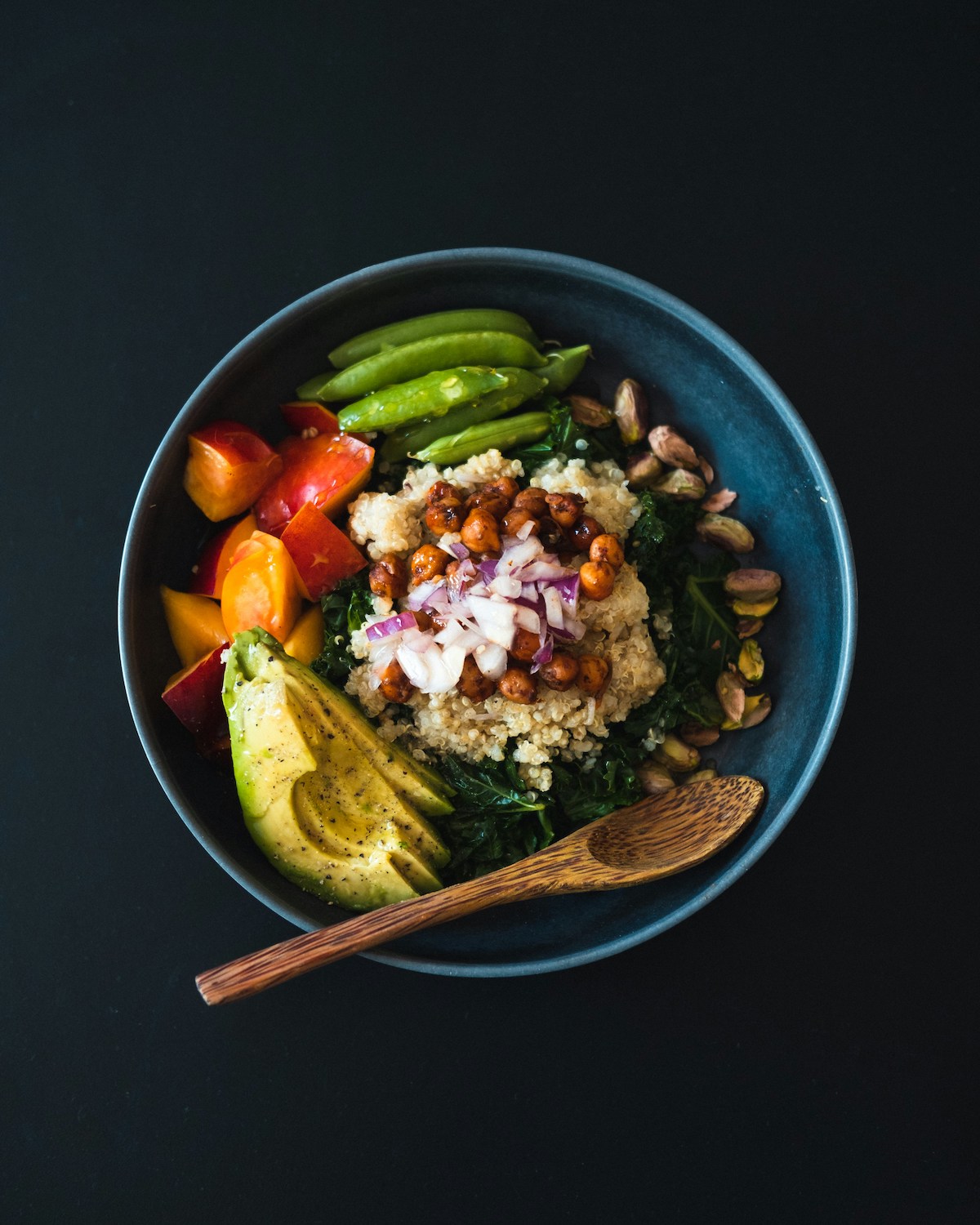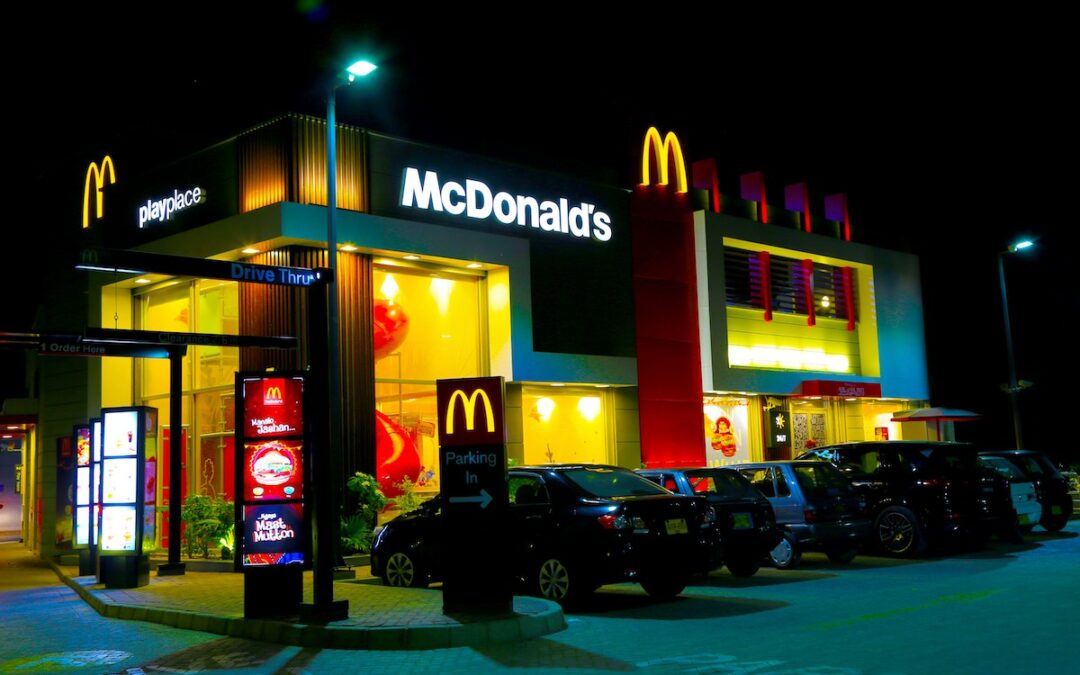Way back when I was growing up, it was a sign that my parents were “progressive” that they took my sister and me to McDonalds every Friday night. I remember like it was yesterday: I had a Big Mac, large fries, chocolate shake, and an apple pie. Every time … Besides giving my hard-working Mom a break from meal planning, the very habit of buying “fast food” for our family of four meant we had “arrived.” That’s to say, we were demonstratively middle class. We regarded that status as a real achievement.
That’s my personal version of what happened to most of us in this country, when the food industry in the 50s began offering faster and faster options to home cooking. At the time, this change in traditional habits was considered by many to be a sign of progress. Unfortunately, this “progress” has led over the years to a huge increase in our consumption of food additives, fillers, and preservatives. The numbers are staggering: McDonalds, still the most popular fast food restaurant in the world, daily serves up 69 million customers in 100 countries. Even more telling, statistics show that two out of three people consume fast food every week! Needless to say, major health consequences can result from this way of eating.
Now this is not to bash you if you’re one of those people who eats fast food regularly. I certainly have been there at times. And it’s possible that your fast-food choices are healthier than most of the options at McDonalds. And I’m not going to be the one to say you must eat vegan, or vegetarian, or keto, or paleo or something similarly restrictive in order to be healthy. With so many available options and opinions about food, who can blame you for throwing up your hands and thinking none of it really matters. However, your food choices do indeed matter if you want to maximize your health.

With so much food advice out there to absorb and consider, a writer whom I find particularly persuasive is Michael Pollan, the best-selling author of a compelling variety of books on the subject. (Here’s a useful link to his work: https://michaelpollan.com/books/). To break it down, Pollan has three simple guidelines for healthy food consumption:
1.) Eat Food (meaning not processed but whole foods, bearing in mind that a lot of so-called “foods” are not actually foods.)
2.) Not to Much (We tend to eat 300-800 calories more a day than in the 1980s.)
3.) Mostly Plants (People who eat more plants are healthier in general.)
My challenge to you today is to make one small change regarding plant-based meal options and your diet. Find a recipe that looks good and try to build a simple plant-based meal around it. By all means, have fun in the process! This could be the start of big changes.
Denise’s
 2 Cents:
2 Cents:
If weight loss is among your goals, food scientists will implore you to strictly limit—if not eliminate—fast food from your diet. Their reasoning is that fast food is fake food, wholly lacking in the nutrients to meet our bodies’ energy needs. If you are currently not thrilled with your food choices and habits, you are not alone. Please take heart … although it can be a big adjustment to make the big changes—not the least of which is the time it takes to prepare a healthy meal—you owe it to yourself to give it a whirl.
Change can happen any time as long as you’re in a supportive environment. Encouragement from your friends, family, and health providers is an essential element in your efforts. The assumption that food must “taste bad” to be good is just bad press. Our taste buds have likely become addicted to flavors engineered by the fast food industry, which can complicate our resolutions. But here’s some real motivation: over time taste buds can be restored by a plant-based diet.
Here are some resources to support you. Check them out:
1.) Beginner Plant Based website or book or blog by Toni Okamoto—“Plant Based on a Budget”
2.) Love & Lemons—an Instagram account promoting simple clean food
3.) Apps such as: Food Monster, Vegan Recipes (Apple) and Forks, Plant-Based Recipes
